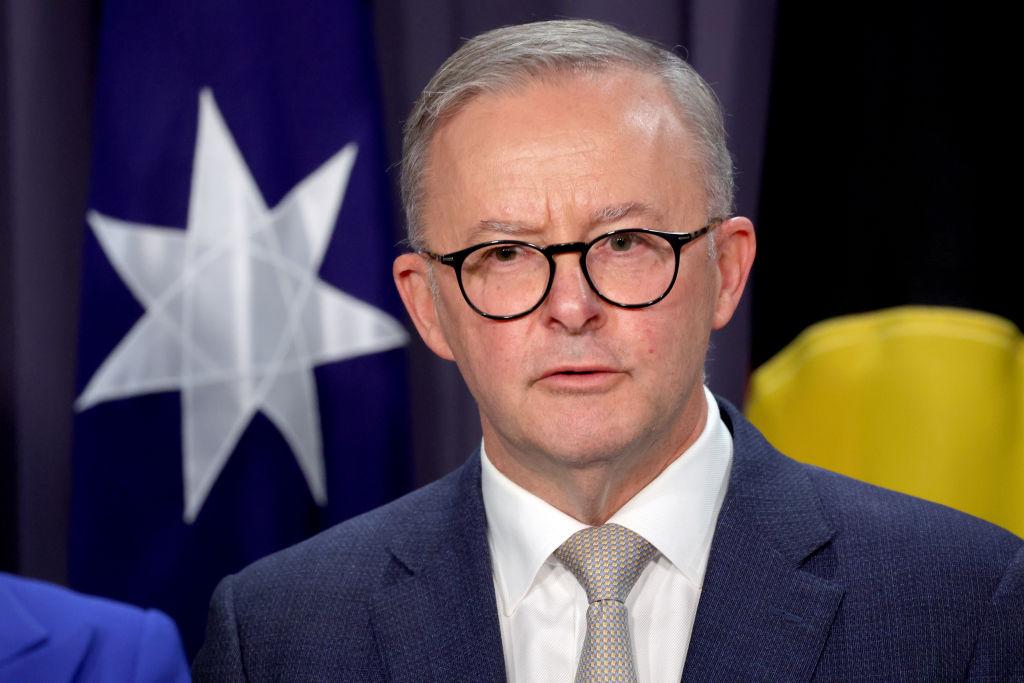Beijing has congratulated Anthony Albanese on becoming Australia’s 31st prime minister, ending a diplomatic freeze of over two years between the two countries.
Chinese Premier Li Keqiang said Beijing was willing to work with the new Australian Labor government, according to state-run media Xinhua.





